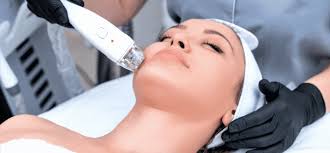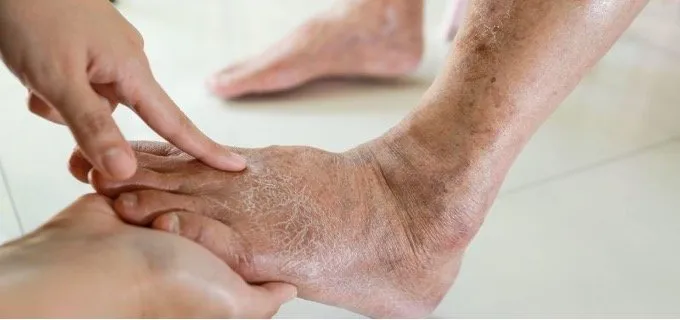
Causes of Chronic Nerve Pain and Management Strategies
September 24, 2025
The Role of Genetics in Skin Cancer Risk and Prevention
September 24, 2025Managing rosacea requires a long-term approach to minimize flare-ups and maintain healthy skin. While there is no cure for this skin condition, which causes redness and visible blood vessels in the face, consistent strategies can provide effective control. Understanding and implementing a plan tailored to your skin can help reduce the frequency and severity of symptoms, leading to improved comfort and appearance.
Identify Triggers Early
Managing rosacea effectively involves understanding and avoiding personal triggers that lead to flare-ups. These triggers can vary significantly among individuals but commonly include environmental and lifestyle factors. By tracking your daily activities, diet, and skin’s responses, you can pinpoint your specific triggers and proactively manage them. Common triggers often include:
- Sun exposure: Ultraviolet rays can exacerbate rosacea symptoms.
- Extreme temperatures: Both hot and cold weather, as well as rapid temperature changes, can cause flare-ups.
- Wind: Exposure to strong winds can irritate sensitive skin.
- Stress: Emotional stress is a well-known factor in triggering rosacea symptoms.
- Certain foods or drinks: Spicy foods, hot beverages, and alcohol are frequent culprits.
Follow Gentle Skincare
Adopting a gentle skincare routine is beneficial for those with rosacea. The skin is often sensitive and can be easily irritated by harsh products or aggressive handling. Use a mild, non-abrasive cleanser and lukewarm water to wash your face, and gently pat your skin dry with a soft towel. It is also beneficial to select skincare products that are free of alcohol, fragrance, and other potential irritants. Daily use of a broad-spectrum sunscreen with an SPF of 30 or higher is also essential, as sun exposure is a well-known trigger for rosacea.
Use Prescribed Treatments
Medical treatments prescribed by a healthcare professional play a significant role in controlling rosacea symptoms. These treatments are designed to reduce redness, inflammation, and skin lesions associated with the condition. Depending on the type and severity of your rosacea, your doctor may recommend topical creams or gels, oral medications, or a combination of both.
Consistent use of these prescribed treatments as directed is key to achieving and maintaining control over your symptoms. Regular follow-up appointments allow your healthcare provider to monitor your progress. This allows them to adjust your treatment plan as needed.
Adopt a Healthy Lifestyle
Lifestyle modifications can support your overall skin health and help manage rosacea. Emotional stress is a common trigger, so incorporating stress-management techniques such as meditation, yoga, or deep-breathing exercises can be beneficial. A balanced diet rich in anti-inflammatory foods may also help some individuals. While specific dietary triggers vary, some people find that spicy foods, hot beverages, and alcohol can also worsen symptoms. Making mindful choices that support your well-being can help you better manage your rosacea.
Take Charge of Rosacea Control
Gaining long-term control over rosacea is a process that combines self-awareness with consistent care. By identifying your unique triggers, practicing a gentle skincare routine, adhering to prescribed treatments, and adopting a healthy lifestyle, you can effectively manage your symptoms. This proactive approach can allow you to minimize flare-ups and maintain healthier-looking skin. If you are experiencing symptoms of rosacea, schedule a consultation with a healthcare professional to discuss a personalized management plan.





